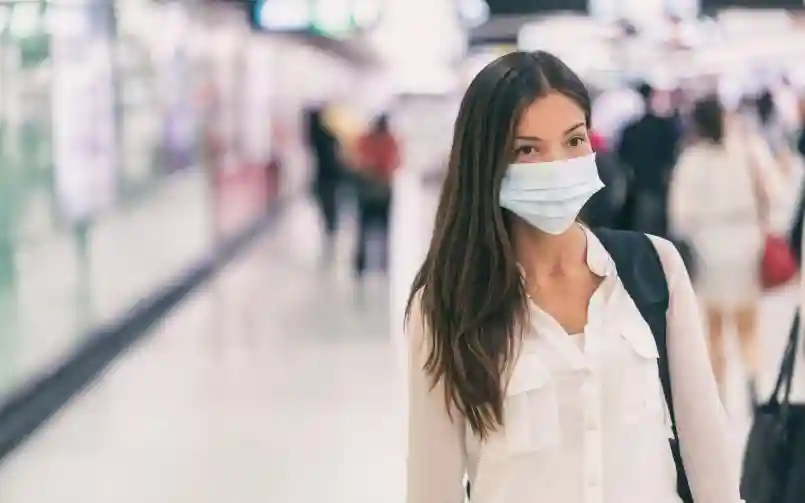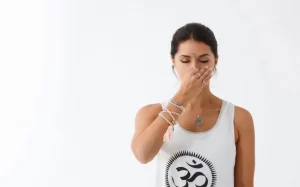Due, to the outbreak of the deadly corona virus disease all over the world you’ll see people wearing medical face masks to protect themselves from germs and other contaminants. With the rapid spread of the coronavirus that causes COVID-19 and increased concerns about an outbreak in India, face masks have flown off medical store shelves. But do they really work?
A face mask’s main purpose is to keep out the liquid of an infected person’s sneeze or cough from entering your mouth or nose (gross, I know). Wearing one can protect you from getting sick if you’re in close contact with someone who is ill and also help prevent you from spreading your illness to someone else.
Face masks can also help prevent hand-to-mouth viral transmissions, because you can’t directly touch your own mouth while wearing one. Surgical masks can be worn when taking public transport or entering crowded areas to help protect you from other people’s coughs and sneezes.
But if you’re infected, masks can help prevent the spread of a virus. Face masks have become almost synonymous with the coronavirus outbreak overseas, but they don’t do much to protect you — most surgical masks are too loose to prevent inhalation of the virus.
The C.D.C. and infectious disease specialists do not recommend face masks if you’re healthy.
But if you’re a health care worker or are caring for sick people at home or in a health care facility, you should wear one. If you’re infected, masks can help prevent the spread of a virus. The most effective are the so-called N95 masks, which block 95 percent of very small particles.
However it is recommended that only people who are displaying symptoms of coronavirus should wear masks to prevent the spread of the disease to others. Due to short supply heath care providers who require it much more as there are in close contact are not having the protective measures and are more susceptible.
The best way to protect yourself from the current coronavirus and any other virus such as the flu — is to stick to basic hygiene habits. Wash your hands for at least 20 seconds, avoid touching your face (especially your mouth, nose and eyes), sneeze or cough into your elbow, stay home when you’re sick and disinfect surfaces often.




